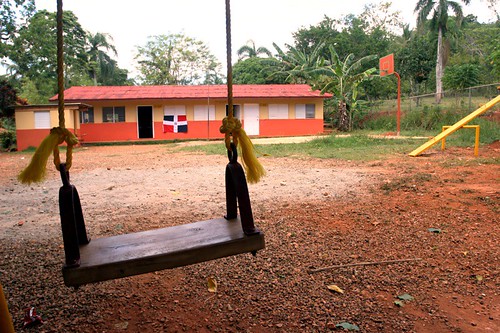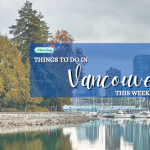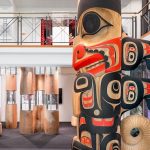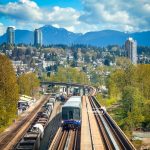We Beat the SMRT Kids
Last week an article popped up in my news feeds about BC students having one of the highest literacy levels in the world. Today, the Provincial Government reports that Grade 10 students in BC are again, at the head of the pack when it comes to reading, math and science.
B.C. students were in the top-performing range worldwide, with only Finland doing significantly better in the science category. In reading, only Finland and Korea were above B.C.’s range, while in mathematics, five jurisdictions were above B.C.’s range. When comparing average scores, B.C. ranked fourth in science, sixth in reading and thirteenth in math. Generally, the 2006 results for B.C. students show scores similar to the 2003 results. [GovBC]
The report by the PISA (Programme for International Student Assessment) states that certain social factors play a positive role in the education of a child. Things like immigrant status (we live in a region where 40% of the population is foreign-born), parental education and socio-economic status. However, it also says that students in BC also perform well despite their socio-economic status.
When I was in Kansas City I was asked if people in Vancouver move away from the city to find better schools for their children. I really didn’t know about schools being better or worse based on Geographical location. In this region, I would imagine people would want to be closer to the cities for better schools, unless you’re talking about privately run establishments. The further East you head in Metro Vancouver, you might find more private schools but then you also have the burbs (cue scary music).
Before anyone gets on the Jump to Conclusions mat, might I remind you that I went to West Whalley Junior High and despite all those horribly painful teenage years I don’t think I could complain about the level of education I received at the time. I graduated with honors, with AP credits, and went to SFU. Well that was until I got offered a job at a dotcom in October, 2000 – so I had to take it, I mean really. But I digress.
I’m pleased to see the results in the article, however I personally suck at math so I was probably no help in these studies back in the day.
Update:And now the BC Gov’t has just pledged $5 million to support student literacy.












2 Comments — Comments Are Closed
In most of the U.S., as I understand it, school funding comes from the local city or town’s tax revenues. In other words, in most cases: rich town = good schools; poor town = crappy schools. That can also vary according to how voters and municipal leaders prioritize their spending.
We fund schools and pay teachers differently in B.C., so while there are differences in schools in various neighbourhoods and towns and regions, they are not nearly so pronounced.
A good work ethic instilled at an early age is completely underrated.
Coming from the “inner city” (lo, that was Britannia), there was the constant barrage of “west-side” versus “east-side”, faintly humourous as it was. I think it’s fair to say we’ve done all right.
re. Beck in KC, D. Miller’s comment: with a number of stereotypes in mind, might one suggest that “inner-city” schools provide “lower” levels of education than those in the “outer-ring burbs”? I think it’s difficult to say, and I don’t know if the numbers completely bear that out. Changing patterns about where people can afford and decide to live (particularly in the GVRD) would have to be considered as well.